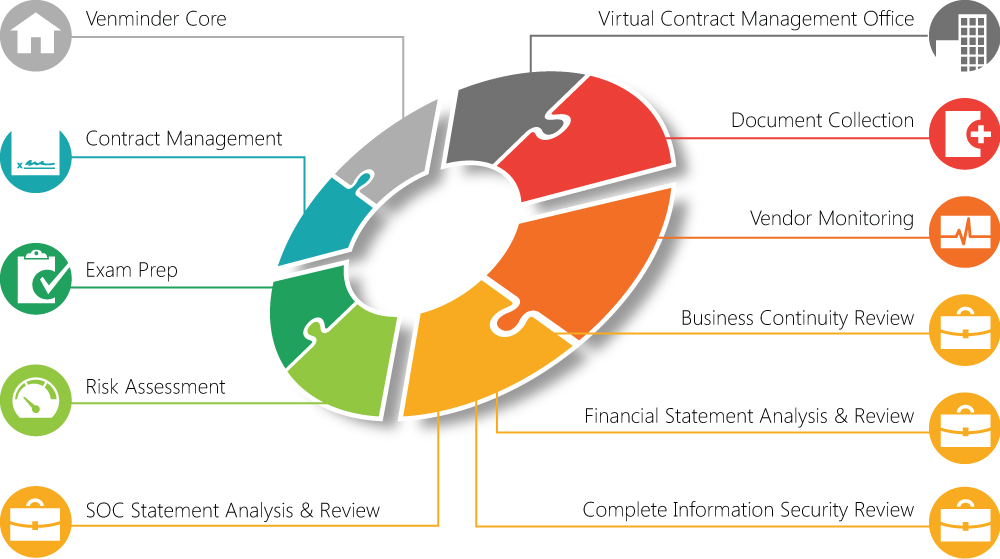How To Freeze Your Credit
By
Easy Tips
—
Sunday, 15 July 2018
—
Credit Tips

Do you start getting billed, Doesn’t seem fair does it. As consumers we also do not have answers as to the long term effects of the data breach or answers on why several equifax executives sold stocks prior to the announcement which is also another reason for concerns. Before you sign up for equifax premier, consider your other options. If someone already signed up for the premier account, opt out.
Otherwise, consider placing a freeze on your account instead. If you are not actively seeking credit it a good option to prevent others from opening accounts in your name. Eva is an award winning tech entrepreneur, Publisher of Tech Life Magazine and Chief Connector at The Blogger Society Influencer Network where she connects brands, small business, nonprofits and Freelance Content Developers. She writes about the intersectionality of technology and splits her time between engineering and social innovation.
Contact the related businesses. Talk to someone in the fraud department, explain what has happened and ask what can be done to rectify the problem. Follow up in writing. Send your letters by certified mail and ask for a return receipt. That creates a record of your communications. File a police report. Also, create an identity theft report with the FTC. When using an identity theft protection service, specialists can help you by making the calls, filing the paperwork and taking other steps to help restore your identity.
In the aftermath of the Equifax data breach, announced in September 2017, more people may be considering their identity theft protection options. After all, the credit monitoring agency says the personal information of approximately 143 million U.S. And that information includes consumers’ names, Social Security numbers, birth dates, and addresses—data that could be used by thieves to steal the victims’ identities.
As part of its breach response, Equifax is offering consumers one year of a free service that includes credit file monitoring and others services. Keep in mind that once your personal information is breached, identity thieves may wait a year or more before using or selling it. You may want to consider additional services to help protect your identity beyond that free offer. In the wake of such a large breach, some consumers may decide not to wait for their identities to be stolen before considering a credit freeze to, essentially, lock their credit.
As noted earlier, this type of freeze may involve fees. They may also require some advance planning to "thaw" them if you need to open a new credit account or apply for a mortgage or other type of loan. Keep this in mind if you decide to go this route. Another option is a fraud alert, which tells potential lenders to verify the identity of anyone opening an account in your name. They’re free, but must be reinstated every 90 days in most cases.
Also, note that neither a credit freeze nor a fraud alert will prevent all forms of identity theft—there are plenty of types that do not require a credit check. Also, credit freezes and alerts won’t prevent someone who gains access to your existing accounts from fraudulent activity. Identity theft protection vs.
The bottom line is that if a company offers you free credit monitoring or identity theft protection and restoration services, it probably won’t hurt to take advantage of it. But that alone usually lasts one or two years and actual services may vary. Also, depending on the company you sign up with, you might be seeing credit alerts from only one of the three credit reporting agencies. So, what’s the best choice for you—paying for identity theft protection or credit monitoring, or taking the DIY approach with credit monitoring, It depends. Credit monitoring services may not be enough to help protect your identity, and monitoring your credit on your own could miss certain threats to your identity. Identity theft protection services may even help you restore your identity, should you become a victim.
While it's not clear how many of Chili's 1,600 locations were affected, the company still urged customers "out of an abundance of caution" to take steps to protect their information. Those recommendations included placing a fraud alert on your credit file with the three national credit reporting agencies, Equifax, Experian and TransUnion and reviewing personal bank account information for suspicions activity. The company is also working to provide credit monitoring and fraud resolution service for the customers that may have had their data stolen, the company said.
With all the credit monitoring services available in the market these days, it can be a difficult decision to choose the one that best suits your needs. In order for you to be able to choose wisely, you need to know the three essential things in monitoring your credit. First of all, a good credit monitoring company should be able to tell you your credit score. Although the government gives you a free annual credit report, this does not show your credit score which is important for you to know.